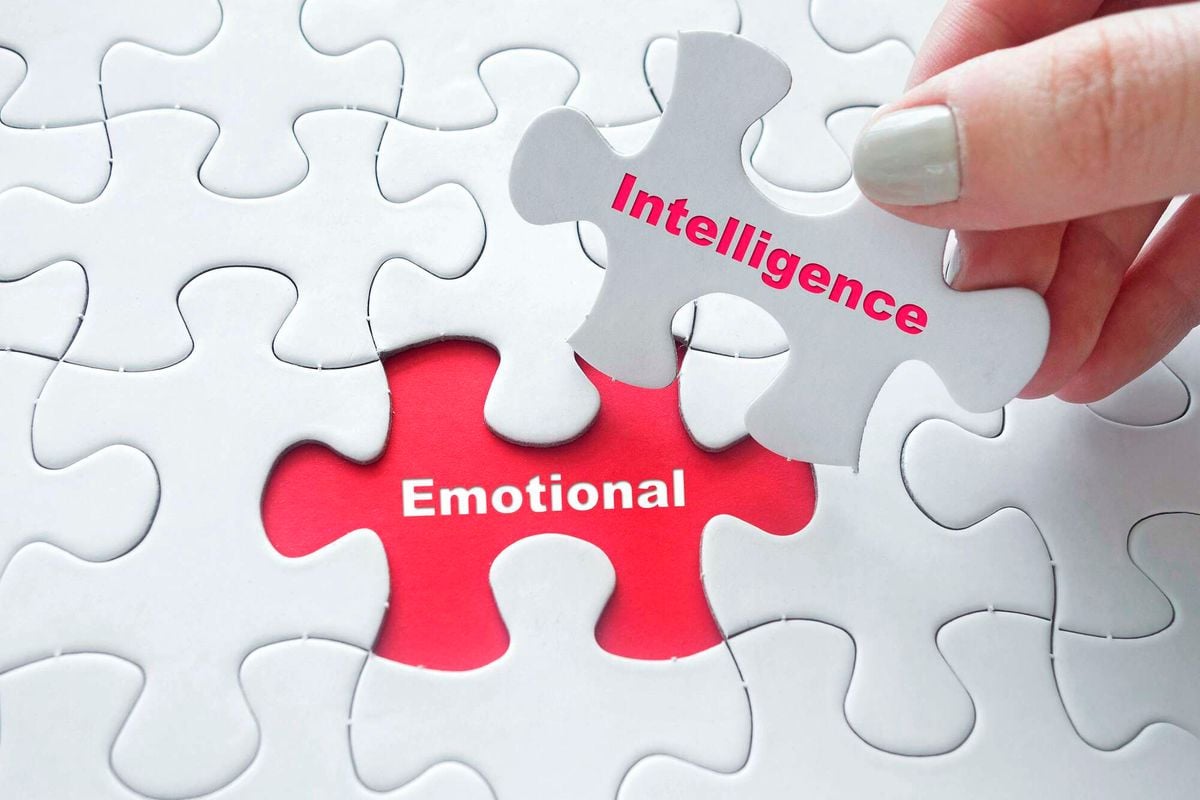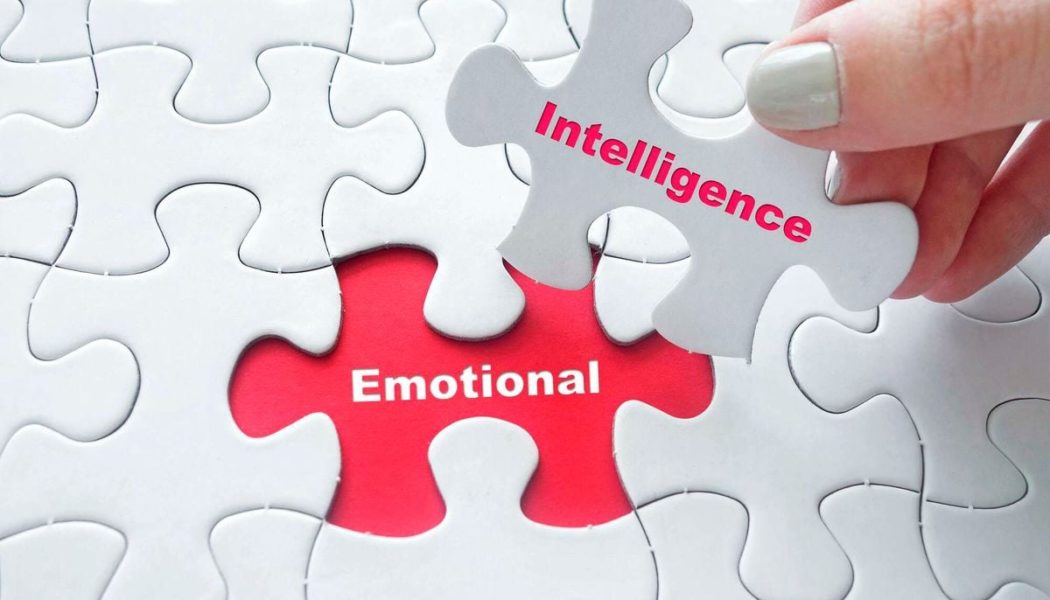
Emotions drive people. Emotions are the predominant forces in the life of a human being. In that case they should be very intelligent so that they drive the most important things in organisational excellence.
In the era of breathtaking technological advancements, why should we bother about emotions? Smart organisations have realised that investing in intelligent emotions can definitely affect productivity, profitability, efficiency and efficacy. The investment is done through emotional intelligence training, coaching and mentoring.
It is when emotions that aren’t applied intelligently that cause a lot of heartache and heartbreaks in organisations. Unintelligent emotion are the causes of toxic organisations.
How then do we manage our happiness, sadness, fear, disgust, anger, surprise and contempt?
Daniel Goleman one of the chief exponents of emotional intelligence (EQ) said that it is a person’s ability to manage their feelings so that those feelings are expressed appropriately and effectively.
The originators of the concept, Drs Peter Salovey and John D Mayer, said that EQ is “the ability to monitor one’s own and others’ feelings and emotions, to discriminate among them and use this information to guide one’s thinking and actions.”
This competence has five building blocks that make it critical in the running of highly performing organisations. The five include self-awareness, self-regulation, motivation, empathy and social skills.
EQ can be a catalyst for employee engagement. Well propelled employees communicate better, have better relations, solve conflicts more prudently, create a positive and optimistic work environment, encourage recognition and appreciation, supports growth mindset and personal excellence and innovative leadership.
All these can be achieved through authentic empathy. Organisations have a diversity of that need to be appreciated so that they can contribute to sustainability.
What should we self-regulate so that we don’t cause a toxic work environment? There are emotions if not well controlled they can cause very harmful effects in the performance of the employee and the organisations.
These include emotional responses, impulses, stress and anxiety, anger and frustration, negative thought patterns, reactions to feedback and criticism, interpersonal conflicts, mood Swings, work-life balance and adaptability to change.
We all need social skills to be fully employees. We need social competencies and attitudes to thrive. Social skills are the currency of success. What are the social currencies that we need so that we perform better?
Social dexterities encompass collaboration, active listening in communication, persuasion and influence, the ability to effectively manage conflicts, building and maintaining relationships and networking. Leadership too is a social skill that is need by all at the workplaces.
Think of a colleague who is lazy. Think of a colleague who is a procrastinator. Think of someone you work with who has low vibes. We all want to work mates who are enthusiastic in their work. These low energy teammates haven’t mastered the value of being highly motivated.
Psychologist William James famously said, “The deepest principle in human nature is the craving to be appreciated.” It is through EI this can be achieved. Organisations ought to invest in the wonders of EQ.









